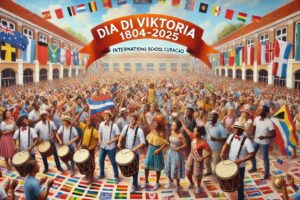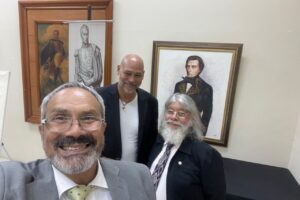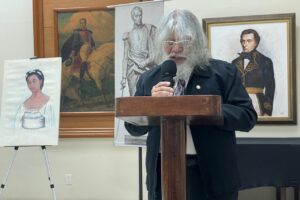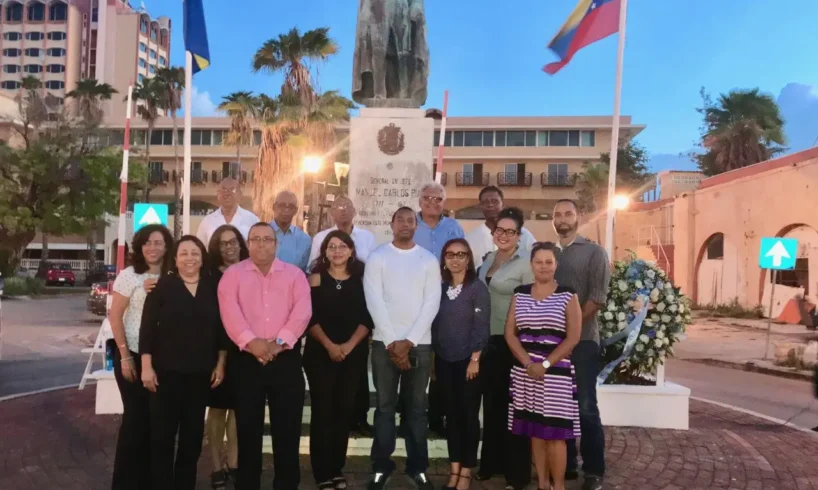
Manuel Piar’s name echoes through the pages of history as a symbol of courage, justice, and the relentless fight for freedom. However, alongside his heroic legacy lies a story of pain and resilience—one carried by his family in Curaçao and Bonaire. Piar’s tragic end in 1817, branded as a traitor by the very cause he fought for, sent shockwaves through his family.
The shame and stigma they endured pushed them into hiding, leaving scars that would linger for generations. Today, with the benefit of historical perspective, we honor Piar and his family, whose resilience speaks to the depth of love and commitment to a legacy obscured by a painful chapter in history.
Then: The Weight of Loss and Stigma
For Piar’s family in Curaçao, his execution marked not only the loss of a son, brother, and leader but also the shattering of their dignity. Branded as a traitor, Manuel Piar’s name became the target of whispered judgment and public scorn. The impact was severe for a family deeply rooted in Curaçao, where social circles were small and gossip spread swiftly.
The betrayal they felt upon hearing that Bolívar, a leader Piar had fought alongside, had ordered his death was overwhelming. The shame cast upon them forced many of his relatives to flee to nearby Bonaire, where they could escape the relentless criticism and scrutiny.
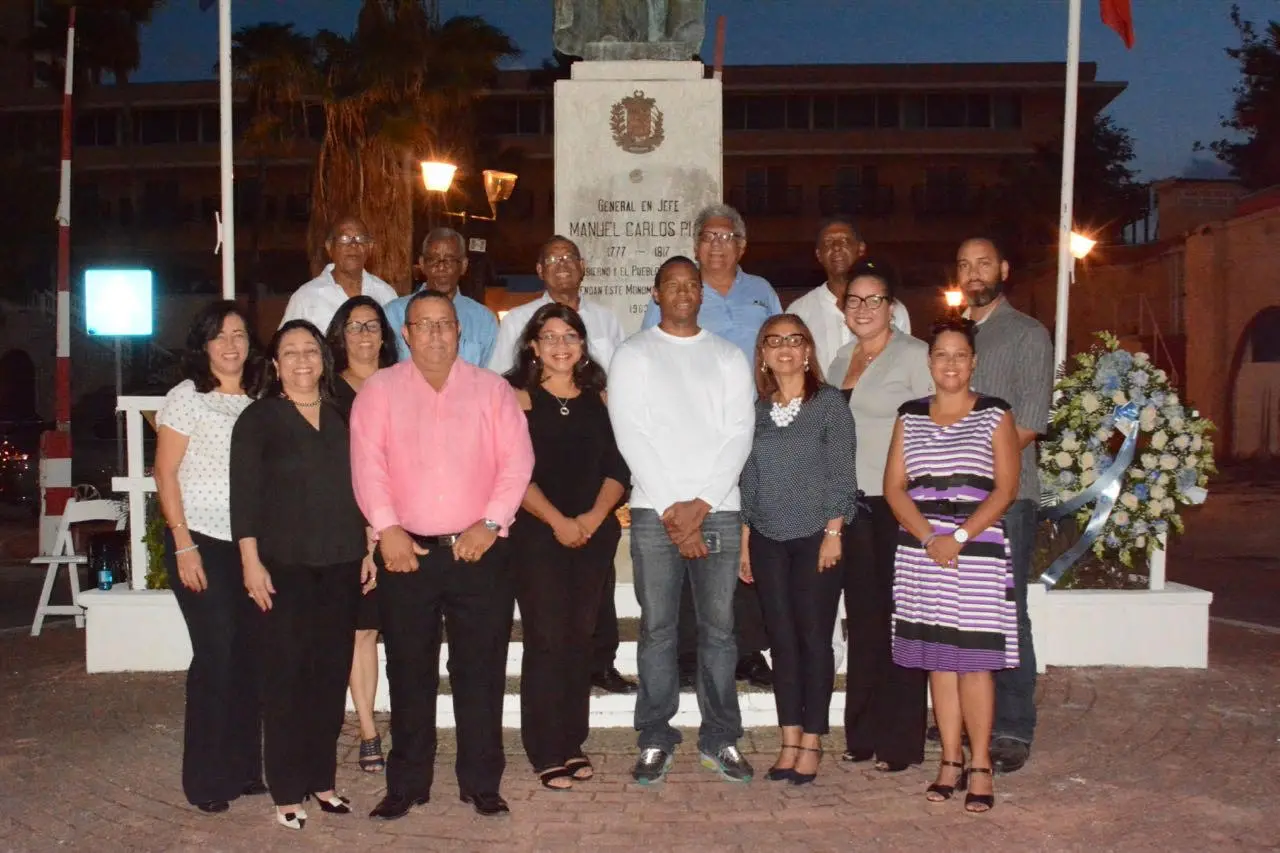
In Bonaire, far from the judgments of Curaçao, Piar’s family found a semblance of peace, though not without the weight of a legacy tainted by tragedy. Their escape from public ridicule did little to heal the sorrow they felt. Stories suggest that his family carried the burden of this shame in silence, only speaking of him within the safety of their home, where he was remembered not as a traitor but as a hero who gave his life for a dream of freedom and equality.
Now: Rediscovering Piar’s True Legacy
The passage of time has allowed a reexamination of Manuel Piar’s legacy. Historians and scholars have increasingly shed light on the true nature of his contributions—his commitment to racial equality, his dedication to fighting for the oppressed, and his vision of an independent and just society.
Today, Curaçao, Bonaire, and beyond recognize the injustice of Piar’s execution and the manipulation of narratives that painted him as a traitor. In truth, Piar’s popularity among the people and his advocacy for the rights of Indigenous and Afro-Caribbean communities made him a threat to the elite, whose interests aligned with Bolívar’s vision of a republic that did not challenge existing social hierarchies.
For Piar’s descendants, this renewed understanding offers a measure of redemption. A more profound recognition of his heroism has lifted the weight of shame they carried. Communities in Curaçao and Bonaire now embrace Piar’s legacy, reclaiming it as a source of pride.
The injustice of his execution is no longer seen as a stain on his name but as a testament to the courage he showed in challenging powerful forces. With this understanding, Piar’s family can finally see his life as a source of pride, acknowledging the greatness of a man who dared to dream of a more just world.
Meeting the Future: Honoring and Preserving Piar’s Legacy
As we move forward, it becomes vital to honor Piar’s legacy in ways that educate and inspire future generations. Manuel Piar’s story, once buried in shame, is now emerging as a beacon of strength and justice. His family’s journey from stigma to pride reminds him of the enduring power of truth. Curaçao and Bonaire have a unique opportunity to reclaim their hero, and this reclamation is not only for Piar’s family but for all who believe in the ideals he represents.
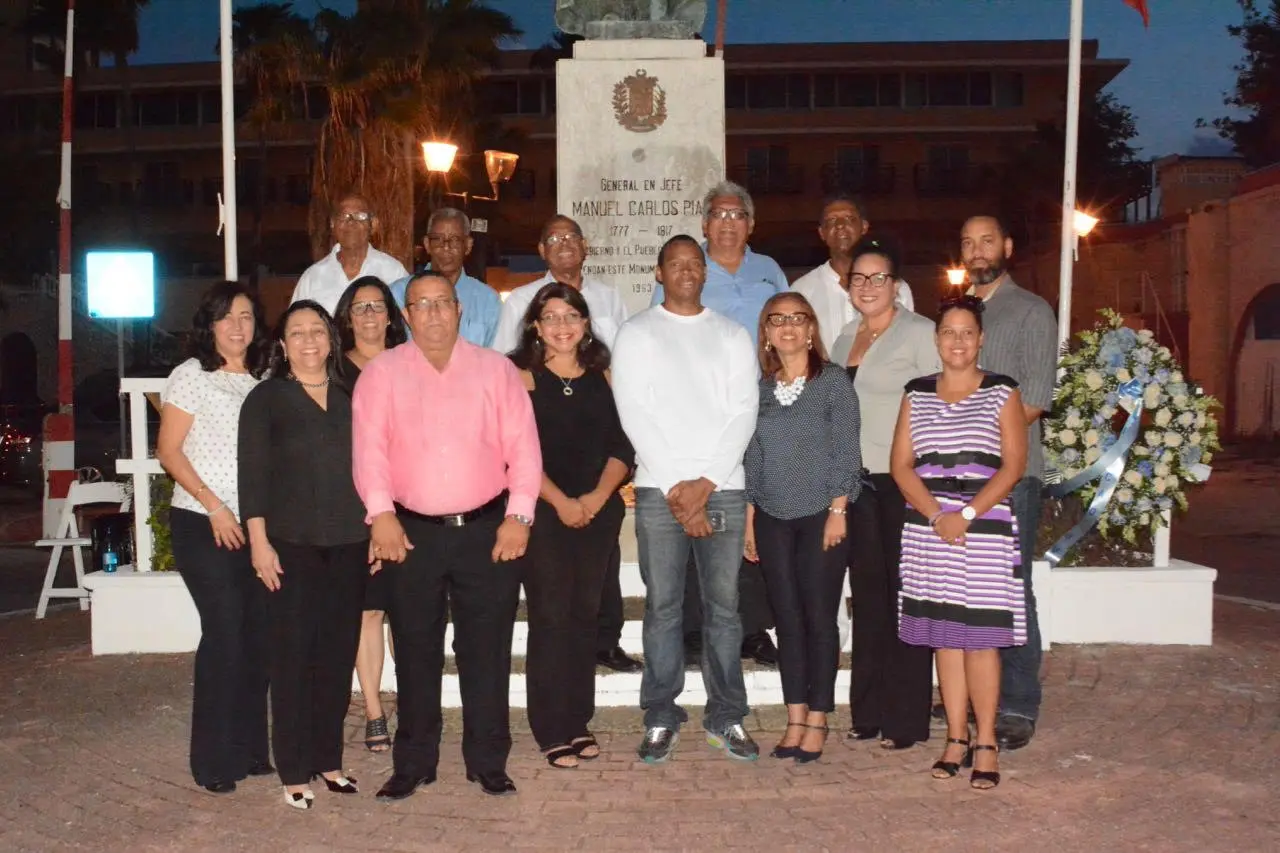
Institutions, schools, and public spaces in Curaçao and Bonaire can play a central role in preserving his memory, highlighting the bravery and integrity that defined his life. Acknowledging his family’s resilience offers a deeper understanding of the emotional toll that historical narratives can take on individuals and communities. By teaching Piar’s story, both the triumphs and the struggles, we ensure that his ideals continue to inspire a new generation of leaders committed to justice and equality.
Manuel Piar’s life and his family’s journey underscore the importance of confronting and rewriting manipulated narratives. His family’s pain, born from a manipulated truth, is transformed into pride by recognizing his contributions and accepting the complexity of his life. In honoring Piar today, we honor the silent courage of his family, who endured their loss with dignity and now see his legacy recognized across the Caribbean and beyond.
Embracing Piar as Curaçao and Bonaire’s Hero
As we embrace Manuel Piar not only as a hero of Venezuela but as a son of Curaçao and Bonaire, we honor a legacy that transcends borders and unites communities across the Caribbean. His family, once silenced by shame, now stands proud, and through their resilience, they offer a powerful example of the healing that comes with truth. Today, Piar’s legacy is no longer tainted by the judgments of a distant past. It is a source of pride, a reminder of the strength required to fight for freedom, and an invitation to future generations to continue their work for justice.
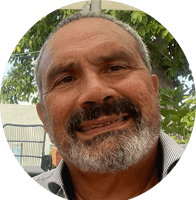
Tico Vos is a professional photographer, producer, and tourism specialist. He has been documenting the History, Culture, and News of Curaçao. This site is a documentation of the history of Manuel Carlos Piar.

